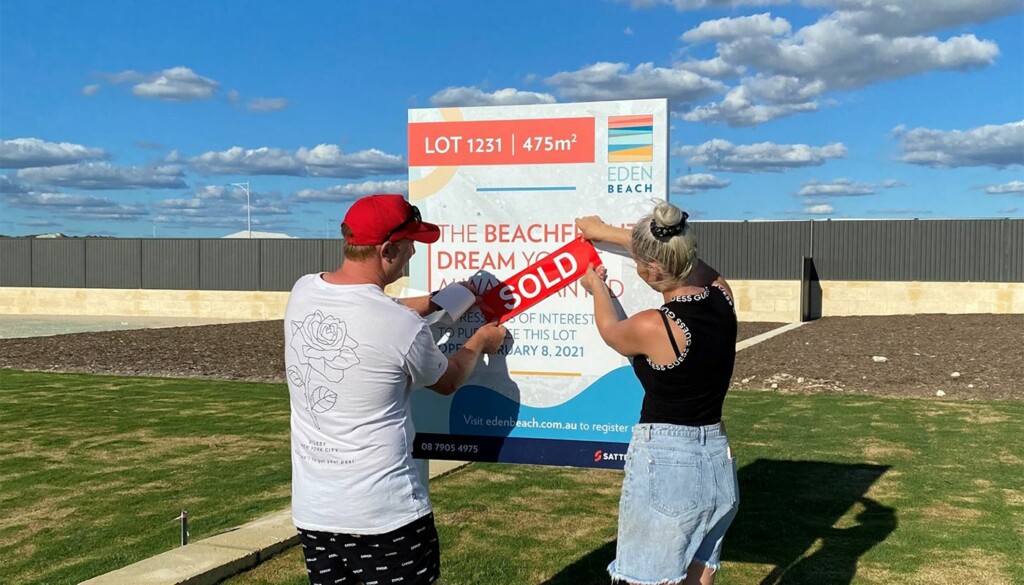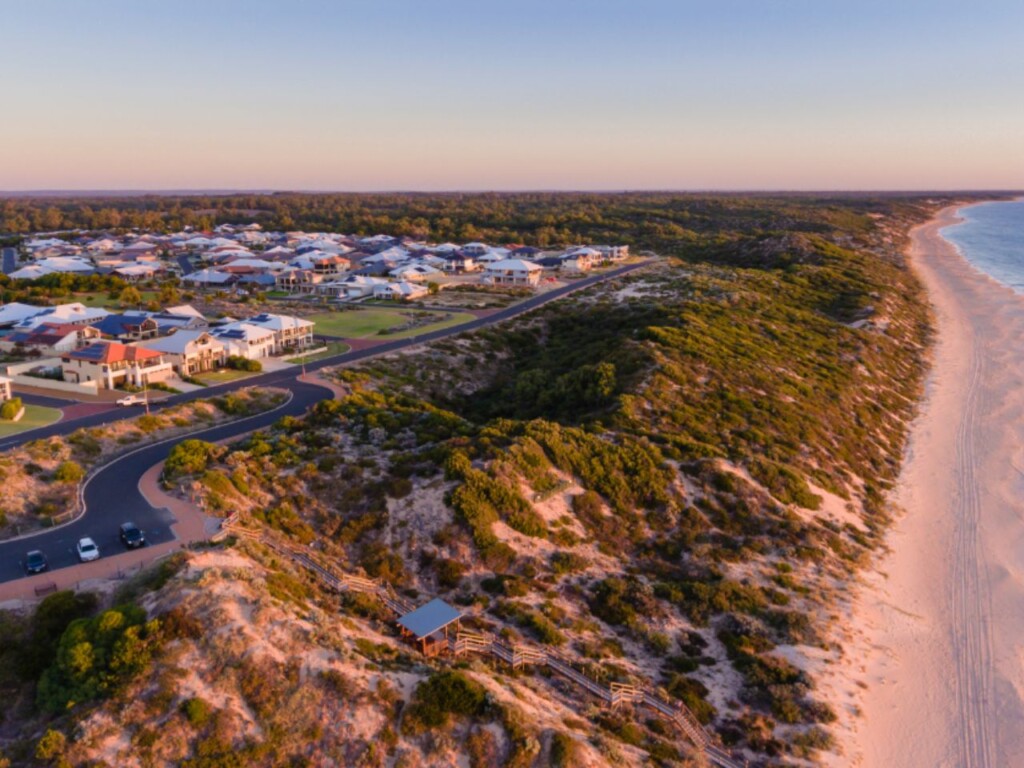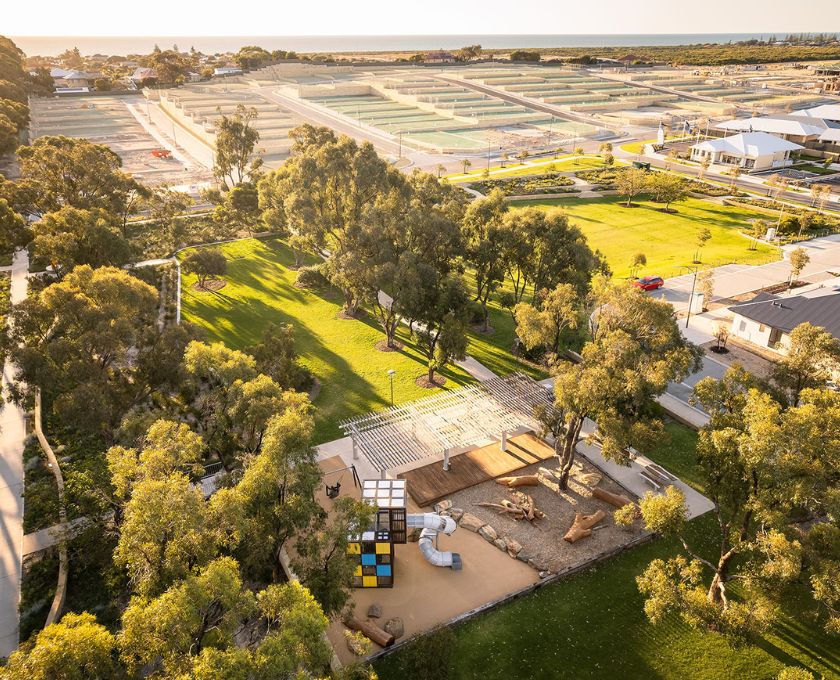Purchasing a block of land with the intention of building later can provide the perfect opportunity to create your dream home. It allows you to take your time to plan, save, and make informed decisions about your future build. However, there are several factors to consider when buying a block of land and building later to ensure a smooth and successful process. In this article, we will explore the steps involved, address common questions such as how long after buying land do you have to build, and provide essential tips tailored to specific regions such as Western Australia, Victoria, and Queensland.
How to Choose a Block of Land
Finding the right lot is crucial when it comes to building your future home. Here are some important things to consider:
- Location: When buying a block of land, the location plays a crucial role. Consider the proximity of the land to amenities such as shops, schools, hospitals, parks, and public transport. A well-located property not only enhances your quality of life but also increases the potential return on your investment in the long run. Take the time to research the surrounding area and evaluate its growth potential and desirability.
- Lot size and shape: The size and shape of the land you purchase play a significant role in determining the design and layout of your future home. A rectangular or regular-shaped block of land is often preferred due to its versatility and ease of design. However, irregularly shaped blocks can also present unique opportunities for creative designs. Consider your specific needs and plans for the land when evaluating the size and shape. If you have a specific design in mind, ensure that the land dimensions align with your vision.
- Building codes and regulations: When buying land, it is crucial to familiarise yourself with the building codes and regulations in your area. These codes outline the minimum standards and requirements for construction projects to ensure safety and compliance. Factors such as setback requirements, maximum building height, and structural considerations must be taken into account when designing your home. Consulting with professionals, such as architects or builders, who have expertise in local building regulations will help ensure your project adheres to all necessary codes and regulations.

New purchasers placing sold sticker at Eden Beach, Jindalee.
Purchasing a Lot
Once you’ve settled on a lot in your ideal community, there are several steps involved in the purchasing process:
- Sign the Contract of Sale: Once you and the seller have agreed on the terms and conditions, the contract of sale is signed. This document outlines the purchase price, settlement period, and any special conditions.
- Exchange Contracts: Once both parties have signed the contract of sale, the contracts are exchanged, and the sale becomes binding. At this stage, you will typically pay a deposit, which is held in a trust account until the settlement is finalised.
- Settle the Purchase: Settlement is the final stage of the purchase process. It involves the transfer of ownership from the seller to the buyer and the payment of the remaining balance. The settlement period is usually specified in the contract of sale and can range from a few weeks to a few months.
For a more comprehensive guide to the purchasing process and home buying journey, read our Home Buyer’s Toolkit.

How Long After Buying Land Do You Have to Build?
The timeframe for building after purchasing land can vary depending on various factors, such as local regulations, permits, and personal circumstances. It is essential to research specific guidelines in your area to understand any time restrictions imposed on undeveloped land. Generally, local councils provide guidelines regarding the commencement of construction within a specified period after land purchase. Be sure to consult with local authorities and seek professional advice to adhere to relevant regulations and avoid penalties.
Region-Specific Considerations:
- Western Australia (WA): When buying land in Western Australia, it is important to be aware of the planning and zoning regulations specific to your chosen location. Some areas may have title conditions or covenants that dictate when construction must commence after purchasing land. Research these regulations and consult with local planning authorities for clarity.
- Victoria (VIC): In Victoria, the timeframe for building after purchasing land is typically governed by the requirements of the Planning Permit or Development Approval. This approval usually includes a condition specifying when construction must commence. Confirm these details with the relevant authorities and seek professional advice, if necessary.
- Queensland (QLD): In Queensland, the commencement of construction is generally expected within one to two years after land purchase. However, it’s important to consult with local councils and the Department of Natural Resources, Mines and Energy for any specific requirements or restrictions applicable to your chosen location.
In conclusion, buying a block of land and building later provides an exciting opportunity to create a home tailored to your preferences. By carefully selecting the right block of land, engaging in the purchasing process, adhering to local regulations, and considering region-specific factors, you can embark on a successful journey to build your dream home. Remember to seek professional advice, conduct thorough research, and consult with local authorities throughout the process.

Aerial view of Dalyellup Beach, Dalyellup

